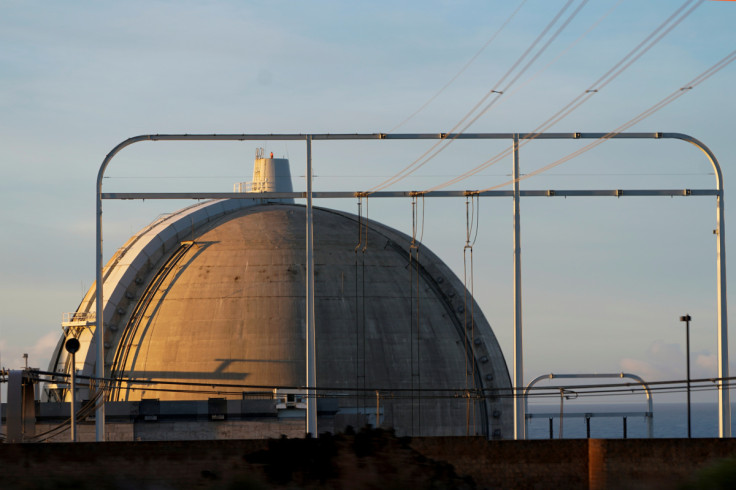Biden Admin Offers $1.2 Billion For Distressed, Shut Nuclear Plants

The Biden administration said on Thursday it is offering $1.2 billion in aid to extend the life of distressed nuclear power plants which, for the first time, could offer funding to a plant that has recently closed.
President Joe Biden's climate team believes nuclear power is a crucial source of virtually carbon-free electricity needed to be maintained and expanded to reach his pledge of what it calls 100% clean electricity by 2035.
But faced with rising security costs and competition from wind and solar energy and power generated with cheap natural gas, about a dozen U.S. reactors have closed since 2013, leaving 92 across the country.
Critics of nuclear power worry about the buildup of radioactive waste stored at plants around the country and warn of the risks to human health and nature, while others have called for nuclear nonproliferation.
The funding comes from the $6 billion Civil Nuclear Credit program, created by the 2021 infrastructure law, and will be distributed by the Department of Energy (DOE).
In this second round of program funding, the money is available to plants at risk of closure within a few years, but also for the first time, plants that have stopped operating after Nov. 15, 2021.
"Expanding the scope of this... funding will allow even more nuclear facilities the opportunity to continue operating as economic drivers in local communities that benefit from cheap, clean, and reliable power," Energy Secretary Jennifer Granholm said.
That apparently allows the Palisades plant in Michigan to apply. It closed in May 2022, nearly two weeks earlier than its planned date, after then-owner Entergy Corp discovered a coolant system leak.
Holtec International, the current owner, had applied for the first round of funding, but the DOE rejected it. Holtec's application had surprised some officials because reviving plants after closure would be a costly processs and because reopening a decomissioned nuclear plant is associated with potential risks involving radioactive materials.
Holtec's application was rejected despite it being supported by Michigan Governor Gretchen Whitmer in a letter last year to Granholm, a former governor of the state. The plant provided about 600 highly paid jobs.
Last month, Holtec, which has said it will take more than $1 billion to reopen Palisades, applied for a different source of funding, from the DOE's Loan Programs Office, to reopen the plant.
"This is great news for the industry, and our country, to consider nuclear so vital for our energy future that the idea of what we are trying to accomplish with Palisades, returning a shutdown nuclear plant back to operation, is something that should happen," Holtec Director of Government Affairs Patrick O'Brien said in an email.
Last year, the DOE provided $1.1 billion in conditional CNC funding to Pacific Gas & Electric's Diablo Canyon nuclear plant that had been set to fully shut in 2025.
Applications for the current round close on May 31.
© Copyright Thomson Reuters 2024. All rights reserved.





















